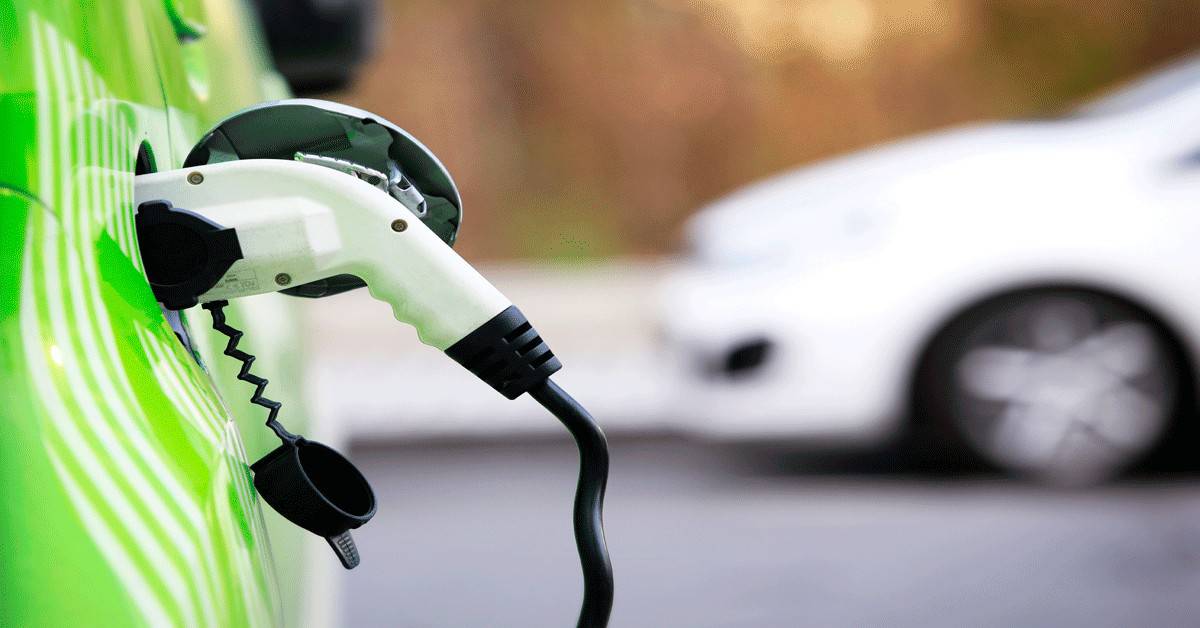I've recently been reading about all the head gasket and fuel dilution problems with the 1.5 and 2.0 liter turbo charged Honda engines in the Accord, Civic, and CRV. I'm beginning to feel like in order to meet the newer fuel mileage standards, Honda is trying to lighten up engines too much and owners are paying the price in reliability.
Many of these engines aren't even making it to 60K miles before having major engine problems. I think the days of getting 300K miles out of a Honda engine may be behind us.
Many of these engines aren't even making it to 60K miles before having major engine problems. I think the days of getting 300K miles out of a Honda engine may be behind us.








